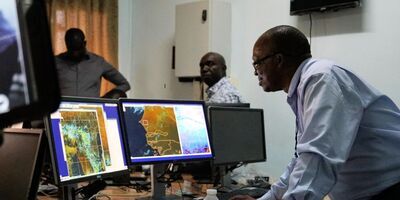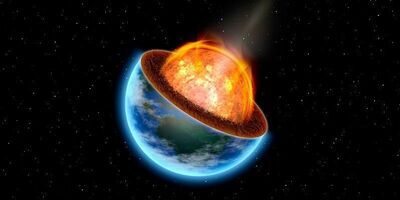News
Alerting vulnerable communities to extreme weather
Scientists have been awarded £2 million to develop ways of alerting communities in South Africa, Zambia and Mozambique to extreme weather.
Billions of tonnes of ice lost from Antarctic Ice sheet
Scientists have calculated that the fastest changing Antarctic region - the Amundsen Sea Embayment - has lost more than 3,000 billion tonnes of ice over a 25-year period.
Activity deep in Earth affects the global magnetic field
Compass readings that do not show the direction of true north and interference with the operations of satellites are a few of the problems caused by peculiarities of the Earth’s magnetic field.
Designing parks to help women feel safe
As International Women’s Day (IWD) 2023 urges people to #EmbraceEquity, we focus on how researchers at the University have published work on how to make women and girls feel safe in public parks.
Mineral dust and Earth's oxygen levels
Mineral dust played a key role in raising oxygen levels in the Earth’s atmosphere billions of years ago, with major implications for the way intelligent life later evolved, say researchers.






